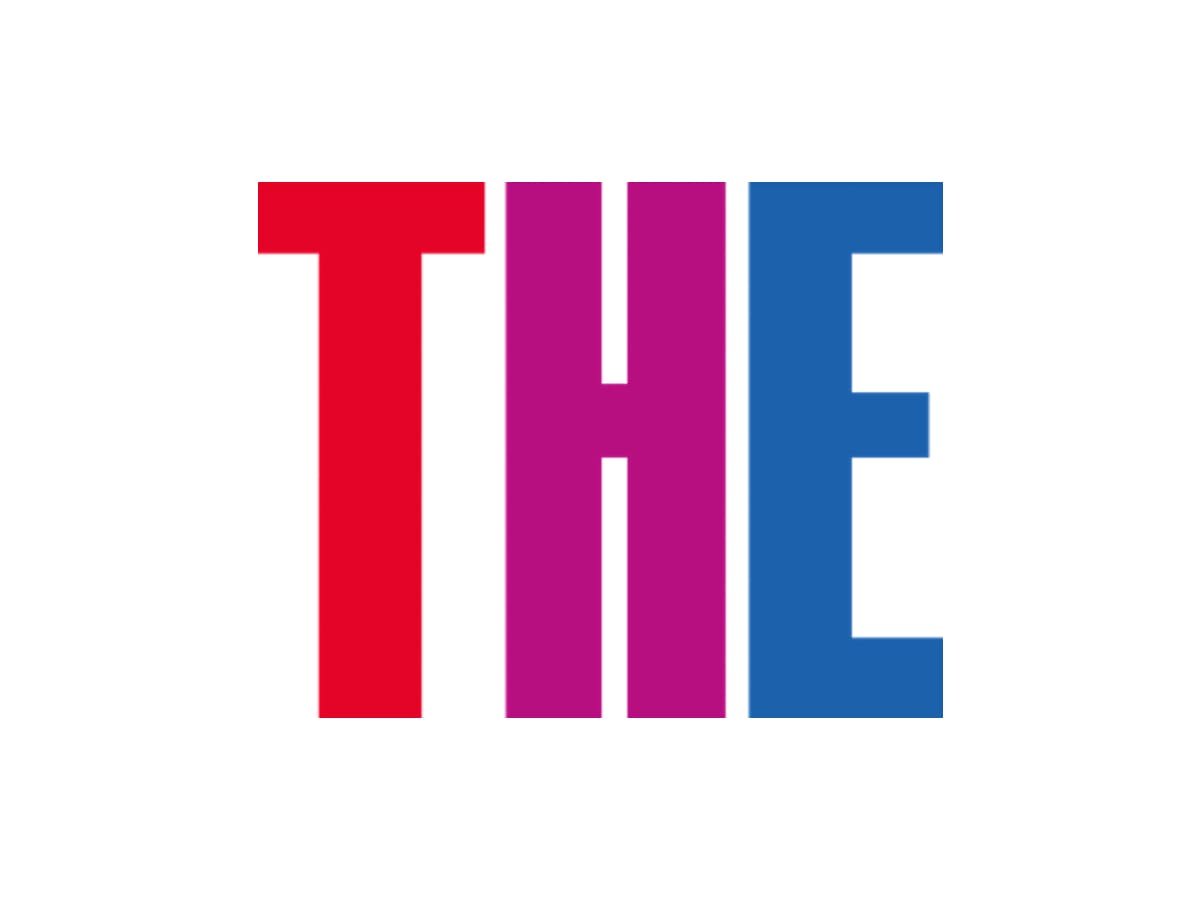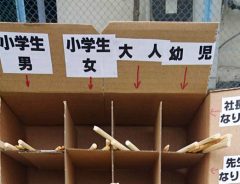
Source: © PR Times, Inc.
2021 Japan University Rankings announced and the top spot might surprise you
- Tags:
- Education / Japanese universities / Ranking / THE / Times Higher Education / University
Related Article
-

Kadokawa announces ranking of popular Haruhi characters, offers free Haruhi Zoom backgrounds
-

Japanese School Festival Devises Genius Way to Stop Littering and Promote Democracy to Kids at the Same Time
-

Ten most popular Vtubers in Japan among Gen Z revealed in survey
-

Japanese beer drinkers rank the top five brews they love to drink after a bath
-

Girls envy confectioners and boys idolize police: top jobs in the minds of Japanese kids
-

10% Pay Cut For Teacher Who Repeatedly Spat On and Slapped Students’ Faces


Thinking of going to university in Japan, but don’t know where to study? The recently released Times Higher Education (hereafter THE) Japanese University Rankings 2021 are the perfect starting point for understanding Japan’s university landscape.
What is the Times Higher Education Rankings?
The THE is a leading global university ranking institution based in the United Kingdom. THE ranks universities in the UK and across the world using 4 key indicators: academic resources (Resources), student engagement (Engagement), employment outcomes for students post graduation (Outcomes) and how well the university can provide an environment that meets global best standards (Environment). Within each indicator, there are several subcategories that are scored out of 100 and used to give an overall score for each indicator. The average of the 4 indicator scores is calculated and each university is given an overall score out of 100 and then ranked.
© PR Times, Inc.
Which are the best universities in Japan according to the THE rankings, 2021?
2021 marks the 5th year that THE has ranked universities in Japan, and this year’s results bring some surprise changes that will challenge commonly held beliefs about the highest-ranking schools in Japan.
Japan’s top-ranking university in 2021 is Tohoku University, based in Sendai, which scored highly across all evaluation criteria, especially outcomes for employment after graduation.
The second highest-ranking university overall according to THE is the Tokyo Institute of Technology, an institution that focuses on STEM (Science, Technology, Engineering and Mathematics) subjects.
The third top overall spot was taken by Tokyo University, and 4th place fell to Kyoto University, a two-place drop from the year before. 5th place was awarded to Osaka university which has risen 3 places in the rankings since 2020 where it was ranked 8th in Japan.
© PR Times, Inc.
With regards to the highest scoring universities for individual indicators, the results reveal several interesting insights. Tokyo Medical and Dental University now leads Japan’s universities in terms of academic resources, after overtaking the University of Tokyo, while Kyoto still tops the “Outcomes” pillar. Akita International University is again number one for engagement and environment, the same as in 2020.
Certainly, the THE results provide challenges to the general consensus in Japan that Kyoto University and Tokyo University are the best higher education institutions in Japan.
For the full results of the THE 2021 survey for universities in Japan, check the official website here.
Why are the Times Higher Education Rankings worth paying attention to for Japan?
Deciding where to study is tough no matter where you are in the world, but this is especially true for those considering studying abroad. Your destination country’s national rankings are a good indicator of the quality of a university, however, they must be viewed whilst taking into consideration the cultural and systematic differences between education systems.
For example, in Japan, the common teaching style focuses on rote memorization of facts. In addition, University is considered by many as a 3-4 year period of fun between arduous high school years and starting professional employment, as opposed to a time to focus on academics and developing technical skills. This means universities in Japan are generally ranked based on the number of students who simply pass their degrees, as well as the entry requirements for the university itself.
While passing ratios for a university are important, other information about a University such as educational values, teaching resources, and outcomes for students after graduation can help ensure students better choose an institution that matches your values and goals for their studies.
The Times Higher Education ranking methodology for higher educational excellence provides such an objective and useful overview of universities. For example, more and more students across the world are focussing on University as a means to acquire skills necessary to enter the workforce as a skilled professional. Using the THE rankings, you can clearly see which universities in Japan offer the best outcomes for students post graduation.
However, THE’s rankings have been adjusted based on the education system and needs of students in Japan also. This means the rankings provide a useful resource for international students and Japanese students alike to assess the quality of academic institutions in the land of the rising sun.
Japanese universities are facing challenging times. In global rankings, institutions in Japan do not score highly, in terms of research output or preparing students for the workforce. In addition, the demographic of 18-year-olds in Japan is shrinking, meaning that universities face a shortage of bright minds, and thereby moldable minds for future academic leadership posts.
Because of this, the Japanese government has initiated reform schemes to support and encourage Japanese universities to improve. THE believes that their rankings can provide key data that will support universities in Japan to address gaps and enhance the quality of what they offer to students.
The THE rankings also offer unique but vital indicators that can help students in Japan and overseas better evaluate the overall experience of a university. THE hopes that this information will attract students from overseas to Japanese universities to fill their declining student populations.